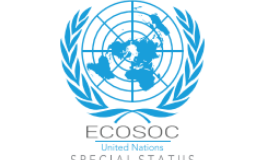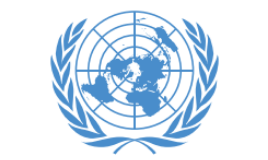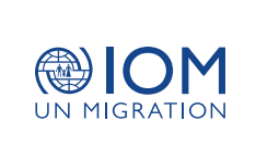Qatar Charity Distributes Food Parcels to Flood Victims in Niger

10/9/2024 | Media Center

As part of its humanitarian intervention to assist those affected by floods in Niger, Qatar Charity has distributed food parcels to residents in several impacted areas, benefiting approximately 4,350 individuals sponsored by Qatar Charity.
This aid is part of Qatar Charity's "Save Flood Victims" campaign, aimed at supporting those affected in 18 countries worldwide, including Niger, in coordination with local authorities to ensure that aid reaches the beneficiaries.
The assistance included the distribution of 589 tons of essential food items in the regions of Niamey, Dosso, Tillaberi, and Zinder, with a focus on the most vulnerable groups, such as families with children, the elderly, people with disabilities, teachers, and students.
The food parcels, which contained essential food supplies sufficient for families for a month, helped meet the urgent needs of the affected population, many of whom have lost their homes and livelihoods due to the floods.
Beneficiaries expressed their gratitude for this assistance and thanked the Qatari people and Qatar Charity for standing by the vulnerable families in Niger, stating that they have suffered significantly from food shortages due to the heavy rains that led to the collapse of their homes and their displacement.
Donating to the Campaign
It is worth noting that Qatar Charity launched the "Save Flood Victims" campaign last September in 18 countries worldwide, aiming to mobilize support from philanthropists to provide essential needs for affected families in these countries, covering sectors such as food, shelter, health, water, sanitation, and education.
Donations to the campaign can be made through Qatar Charity's website: https://qch.qa/Floods.
Ongoing Rains
Continuous heavy rains since July have caused a wave of flooding across Niger, resulting in significant material damage (homes, fields, livestock, infrastructure, etc.) and loss of human lives due to house collapses and drowning, along with the destruction of thousands of hectares of crops and livestock.
The unstable social and economic conditions in the country further exacerbate the vulnerability of its population, particularly those living in refugee camps, nearby neighborhoods, flood-prone areas, and densely populated urban regions.









